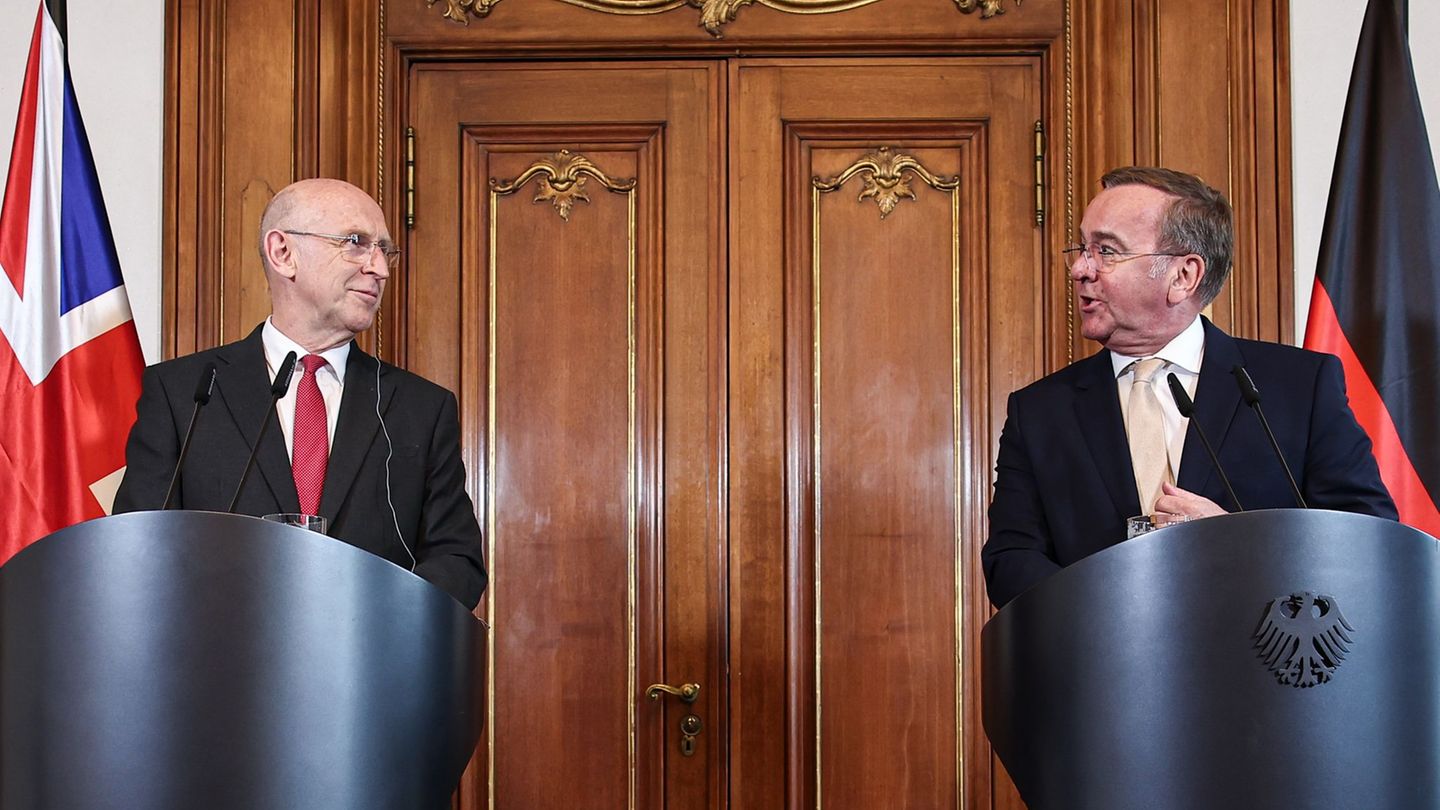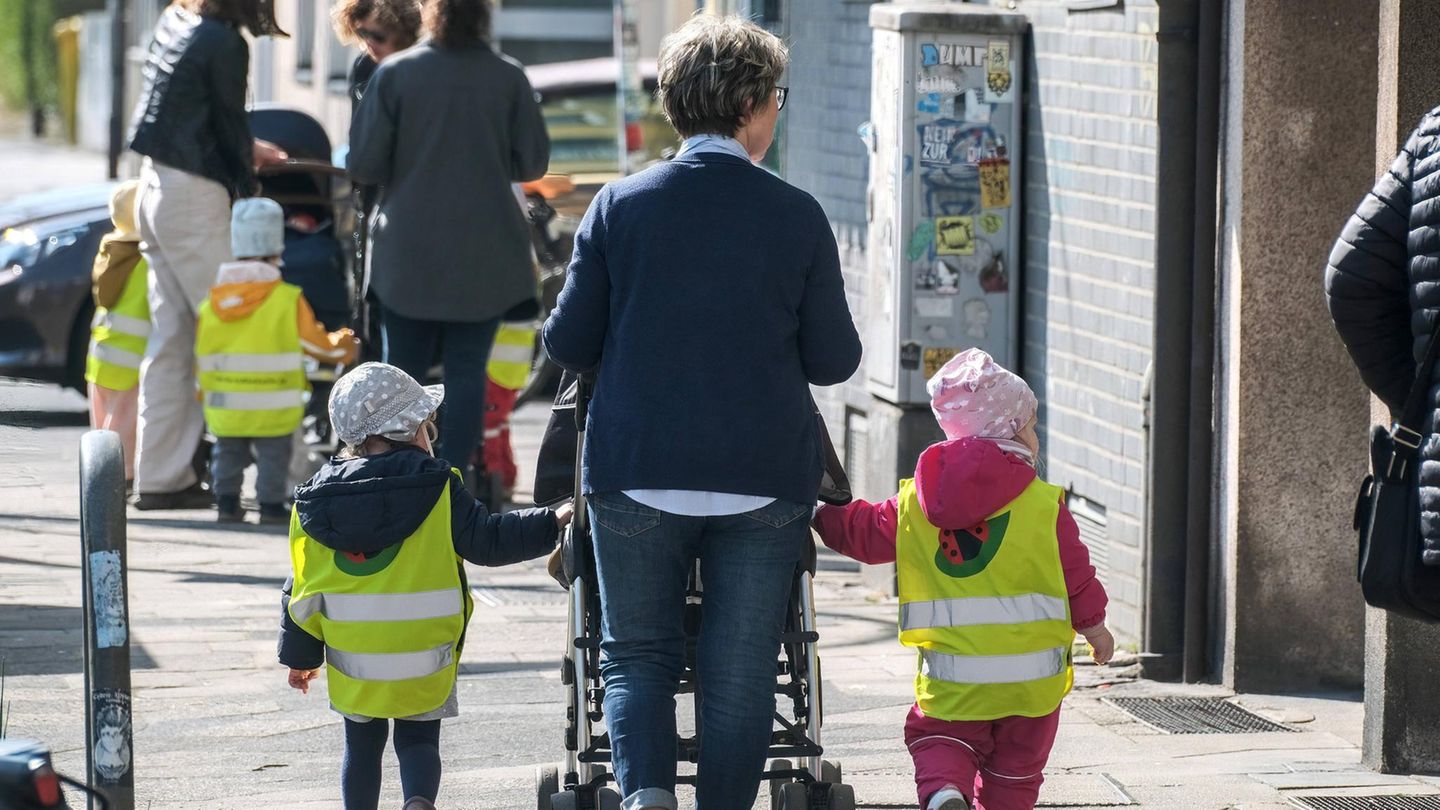Anyone starting a bachelor’s or diploma course in the 2022/23 winter semester must achieve at least 16 ECTS points in this course in the first two years of study. In addition, the recognition of examinations and qualifications will be newly regulated.
The required minimum academic performance is not all that high, it comprises almost an eighth of the specified standard period of study. A bachelor’s degree comprises 180 ECTS points and has a standard period of study of three years – with a course performance of 16 ECTS every two years, it would take 22.5 years to complete it at this rate.
In the case of students who do not achieve the minimum academic performance, admission to this university in the subject in question expires and can only be applied for again after two years (at other institutions, however, it can be continued immediately). Disabled students are excluded from the regulation.
From the coming academic year, students will also be able to conclude so-called “learning agreements” with universities or teacher training colleges after completing 120 ECTS. These include concrete support (e.g. preferential admission to courses with a limited number of participants or reimbursement of tuition fees) in exchange for coursework to be completed.
Recognition is redesigned
The recognition of examinations or other academic achievements, activities and qualifications is being redesigned at the universities. So far, only those achievements that were classified as “equivalent” to the exams at the university were counted. In the future, there will be a kind of reversal of the burden of proof: all achievements, activities and qualifications for which there are “no significant differences in terms of the skills acquired (learning outcomes)” must be recognised.
The university must, for example, credit exams that have been taken at higher vocational schools (e.g. vocational subjects) or at AHS (e.g. music or sports high schools) up to a maximum of 60 ECTS points. The same extent applies to the recognition of scientific or artistic activities or internships, professional or non-professional qualifications. Overall, however, the maximum of 90 ECTS points may not be exceeded.
Other innovations: Students can also take a leave of absence during the semester for important reasons. To do this, they have to enroll more quickly: the exceptional reasons for later enrollment will be restricted, and the deadlines will be shortened to October 31 (previously November 30) in the winter semester and March 31 (previously April 30) in the summer semester. The previously possible enrollment in the grace period is no longer possible.
Changes in Student Aid
There are also changes to student grants: the grants will increase by 8.5 to 12 percent – that’s slightly less than inflation since the last adjustment in 2017. In future, the maximum subsidy will be EUR 923 per month. From 2023, the study grant will then be valued annually.
In addition, the age limit for drawing benefits will be raised by three years to 33 or 38 years and the method of calculation will be reformed. Previously, money was deducted from a fictitious maximum subsidy depending on the existence of certain circumstances. In the future, a basic amount of 335 euros will be assumed, to which certain surcharges will be added.
Relief for professionals
There are also reliefs for working people (“self-support”). In addition, the income limits for eligibility are increasing, while the eligibility criteria themselves do not change (e.g. own place of residence, higher contribution for students over 24 or 27, supplement for children). The eligibility requirements such as social support (apart from the higher income limit), academic success (provision of a specific academic achievement, a maximum of two changes of course) and maximum duration of study (standard period of study plus one semester) remain unchanged.
In 2022/23, there will be 347 additional study places for beginners in the fields of MINT and digitization at the universities of applied sciences (FH) – the focus is on the fields of computer science, technology, engineering and natural sciences.
For Minister of Education Martin Polaschek (ÖVP), the academic year brings “a large number of improvements,” it said in a broadcast. “A lot is happening in the higher education sector and I am pleased that we were able to make things easier and implement support measures.”
Source: Nachrichten




